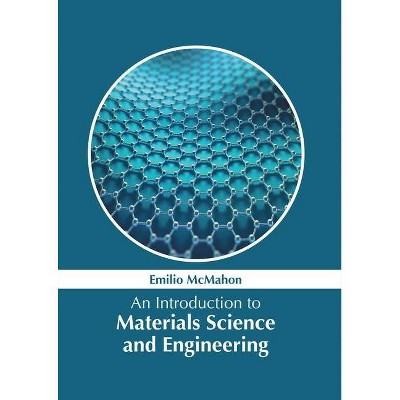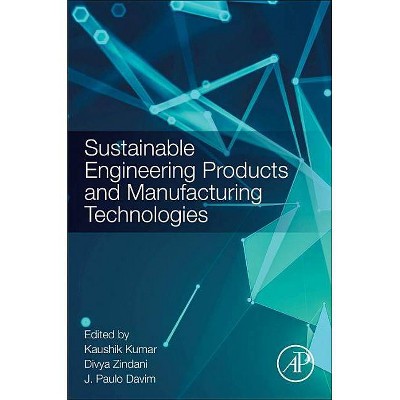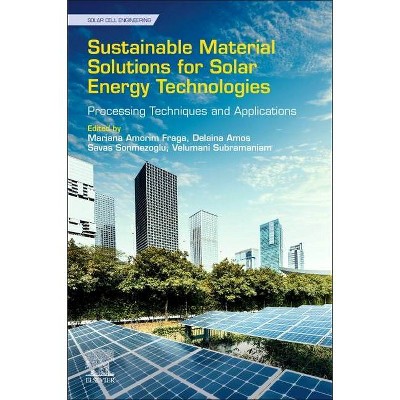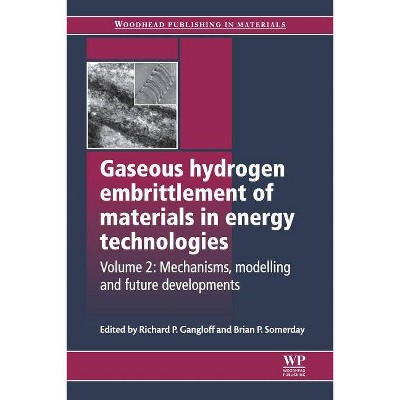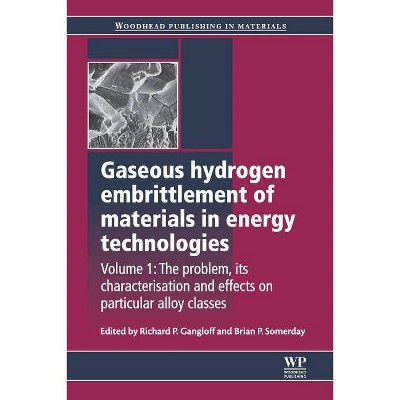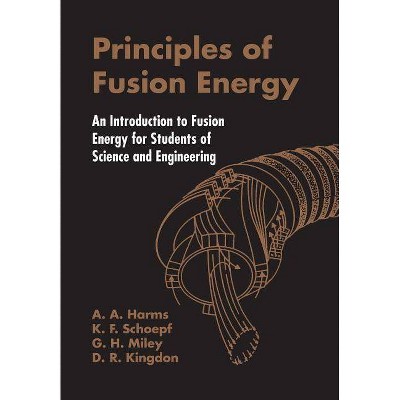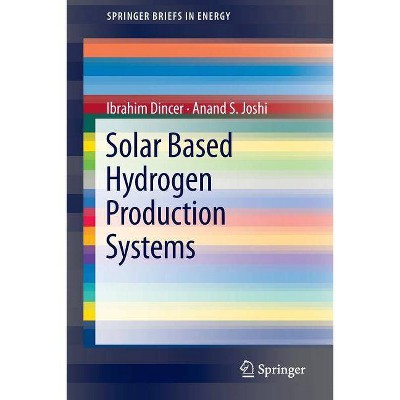Science and Engineering of Hydrogen-Based Energy Technologies - by Paulo Emilio Miranda (Paperback)
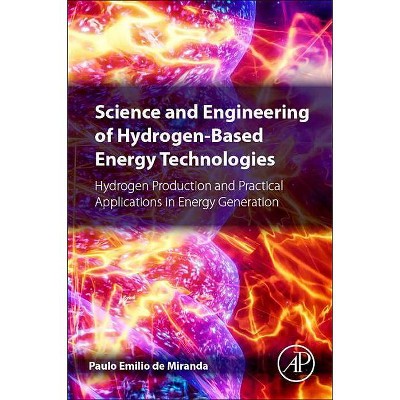
Similar Products
Products of same category from the store
AllProduct info
<p/><br></br><p><b> About the Book </b></p></br></br>Science and Engineering of Hydrogen-Based Energy Technologies explores the generation of energy using hydrogen and hydrogen-rich fuels in fuel cells from the perspective of its integration into renewable energy systems using the most sound and current scientific knowledge. The book first examines the evolution of energy utilization and the role expected to be played by hydrogen energy technologies in the world's energy mix, not just for energy generation, but also for carbon capture, storage and utilization. It provides a general overview of the most common and promising types of fuel cells, such as PEMFCs, SOFCs and direct alcohol fuel cells. The co-production of chemical and electrolysis cells, as well as the available and future materials for fuel cells production are discussed. It then delves into the production of hydrogen from biomass, including waste materials, and from excess electricity produced by other renewable energy sources, such as solar, wind, hydro and geothermal. The main technological approaches to hydrogen storage are presented, along with several possible hydrogen energy engineering applications. Science and Engineering of Hydrogen-Based Energy Technologies's unique approach to hydrogen energy systems makes it useful for energy engineering researchers, professionals and graduate students in this field. Policy makers, energy planning and management professionals, and energy analysts can also benefit from the comprehensive overview that it provides.<p/><br></br><p><b> Book Synopsis </b></p></br></br><p><i>Science and Engineering of Hydrogen-Based Energy Technologies</i> explores the generation of energy using hydrogen and hydrogen-rich fuels in fuel cells from the perspective of its integration into renewable energy systems using the most sound and current scientific knowledge.</p> <p>The book first examines the evolution of energy utilization and the role expected to be played by hydrogen energy technologies in the world's energy mix, not just for energy generation, but also for carbon capture, storage and utilization. It provides a general overview of the most common and promising types of fuel cells, such as PEMFCs, SOFCs and direct alcohol fuel cells. The co-production of chemical and electrolysis cells, as well as the available and future materials for fuel cells production are discussed. It then delves into the production of hydrogen from biomass, including waste materials, and from excess electricity produced by other renewable energy sources, such as solar, wind, hydro and geothermal. The main technological approaches to hydrogen storage are presented, along with several possible hydrogen energy engineering applications.</p> <p>Science and Engineering of Hydrogen-Based Energy Technologies's unique approach to hydrogen energy systems makes it useful for energy engineering researchers, professionals and graduate students in this field. Policy makers, energy planning and management professionals, and energy analysts can also benefit from the comprehensive overview that it provides.</p><p/><br></br><p><b> About the Author </b></p></br></br>Paulo Emilio Miranda, Professor, Head of the Hydrogen Laboratory at Coppe - Federal University of Rio de Janeiro, Brazil.
Price History
Price Archive shows prices from various stores, lets you see history and find the cheapest. There is no actual sale on the website. For all support, inquiry and suggestion messagescommunication@pricearchive.us
